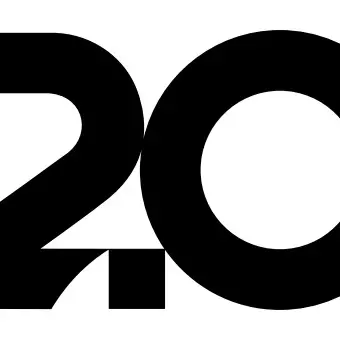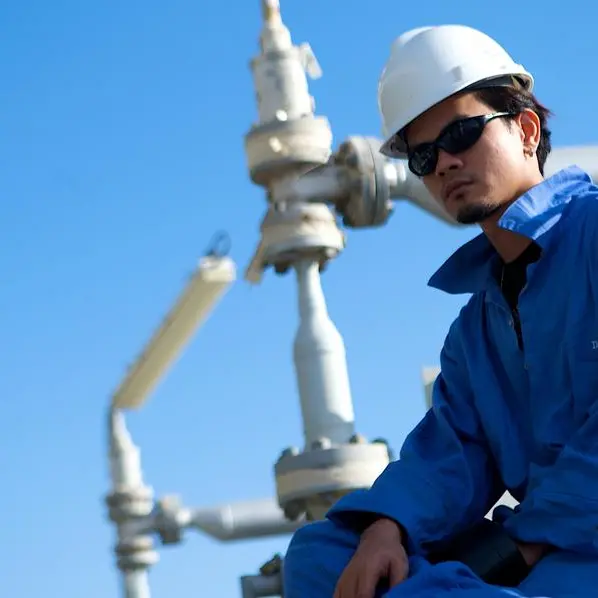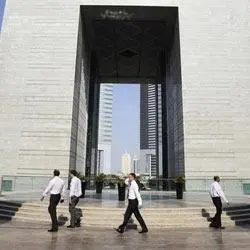PHOTO
Volatile global markets meant it was perhaps inevitable that newly listed Asyad Shipping would need support from stabilisation following its IPO, though Omani companies haven't always had the easiest debuts of late anyway.
Asyad Shipping is the first Omani IPO to include stabilisation and a brownshoe was used. The company allocated up to OR10m of proceeds to stabilisation manager Ubhar Capital to support the shares.
Ubhar spent OR8.38m in stabilisation, shrinking the IPO to OR119.7m (US$310.9m).
Purchases were made at the OR0.123 issue price and OR0.118. The price range for the IPO was OR0.117–OR0.123 and shares on Monday closed down 0.9% at OR0.116.
The IPO initially saw 1.04bn shares sold, representing 20% of the company, in a process run by joint global coordinators EFG Hermes, Oman Investment Bank, Jefferies, JP Morgan and Sohar International and joint bookrunners Credit Agricole/Kepler Cheuvreux and Societe Generale.
Shares had traded at or just above issue following the March 12 debut until dropping 4.8% to OR0.118 on April 7.
Asyad receives around 51% of time charter equivalent revenue from oil and gas, and oil-exposed local peers have been particularly hit by the fallout from US president Donald Trump’s tariff announcements, with OQ Exploration and Production down 13.8% and Abraj Energy Services down 3.1% since markets reopened on April 6 following Eid al-Fitr.
Energy names including Aramco and Adnoc Drilling led indices lower last week with losses of more than 5% in a single day.
The first Omani deal to include stabilisation used the model from the UAE due to both countries lacking any legal safe harbour from market manipulation rules for a greenshoe run by syndicate banks. Instead both countries use a brownshoe with a third party as stabilisation manager.
Source: IFR





















